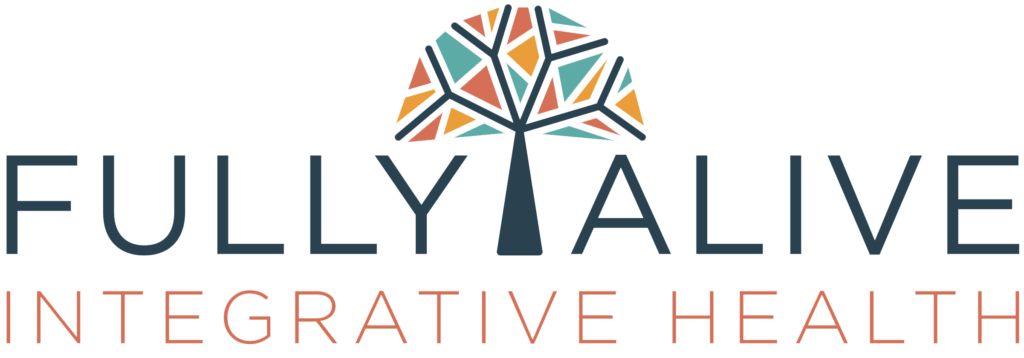“Listen to your heart!” “She was cold hearted…” “I love you with all my heart!” “My heart is filled with joy!” “You’re pulling on my heart strings.” Even though we have many sayings about the heart doing many activities other than just beating, until recently, scientists have looked at the heart almost exclusively as just a mechanical pump. Recent research now shows that the heart has a greater influence on the brain than previously thought. Today we will explore the heart-brain connection.
The Heart Brain
The heart is the only organ in the body with dedicated brain neurons. There are 40,000 brain neurons located in the right ventricle, one of the four chambers of the heart1. As we discussed in previously, HRV, the heart is controlled by the vagus nerve as well as the sympathetic nervous system. However, the neurons in heart also communicate back to the brain, making it a two-way street2. Studies show that emotions affect the beating of the heart. Positive emotions increase coherence and improve hear rate variability within the heart, while negative emotions increase discord within the heart1.
If we look at the risk of heart attacks, studies show that periods of intense grief raise the risk of suffering a heart attack. One study in particular showed that during the 21 days after the loss of a loved one, the risk of heart attack increased six times. Further studies show that having a positive outlook can reduce the risk of coronary events by one third. Science documentary filmmaker, David Malone says, “The heart is a pump that does respond when the brain asks it to, but it is not enslaved to the brain. Its relationship to the brain is more like a marriage … with each dependent on the other. It seems science is now restoring to the heart something that rightfully belongs to it: Our emotions.”
Acoustic Cardiograph3
While we can measure and the coherence or discord within our hearts with the Stress Response Evaluation, we can also train our hearts to improve with heart rate variability biofeedback. In addition, we have added another new technology that can measure the function of the heart. Dr. Hartle has recently brought the Acoustic Cardiograph to the office. This machine was invented by Dr. Royal Lee in the 1937. It was then improved upon by an AK practitioner’s brother, Kurt Schmitt, in 1987. You may recognize Dr. Royal Lee as the founder of Standard Process, the supplement line we use in the office.
The acoustic cardiograph (ACG) measures the sound of the blood going through the valves and chambers of the heart. Unlike the EKG, the ACG measures function of the heart in the absence of trauma to the heart tissue. This allows us to promote the health of the heart, and not just treat disease.
Schedule with us to get your Acoustic Cardiograph reading to get on the road to a healthy heart!
Supplements5,6
The most important things someone can do to positively affect the heart is changing his or her diet and exercise. Moderate exercise (work up a sweat and increase your heart rate, but can still carry on a conversation) for 30 minutes 3-5 days a week is recommended for a healthy heart and brain. You can read more about how to form good exercise habits by clicking this link. A heart healthy diet consists of plenty of good fats while reducing trans fats, hydrogenated fats, and highly processed carbs and sugars. Also, eat lots of vegetables and some fruits. For more on how to change your diet, read our previous article, “Forming Good Habits for the New Year: Eating Right.”
Whole-Food Supplements are also important to fill in the holes in your diet. Important whole-food supplements for heart health include:
- Omega 3 Fatty Acids – Omega 3’s help decrease inflammation. Inflammation is now being looked at as the real culprit behind cardiovascular disease, rather than cholesterol
- Vitamin D – People with low vitamin D have a 25% increased risk of dying from heart disease or stroke
- Vitamin K2 – Vitamin K2 helps regulate calcium deposition and help keep the blood vessels healthy
- Magnesium
- B Vitamins
- In the office, we also like to use Standard Process supplements Cardio-Plus and Cardiotrophin PMG.
Sources:
- McCraty, Rollin. Science of the Heart Volume 2. HeartMath Institute. 2015
- http://articles.mercola.com/sites/articles/archive/2016/03/05/brain-heart-emotion.aspx
- http://www.acg-info.info/history.htm
- http://drhyman.com/blog/2010/05/20/lower-your-risk-of-heart-disease-without-drugs/
- http://fitness.mercola.com/sites/fitness/archive/2016/05/27/diet-exercise-heart-attack.aspx
- http://drhyman.com/blog/2010/05/20/lower-your-risk-of-heart-disease-without-drugs/





